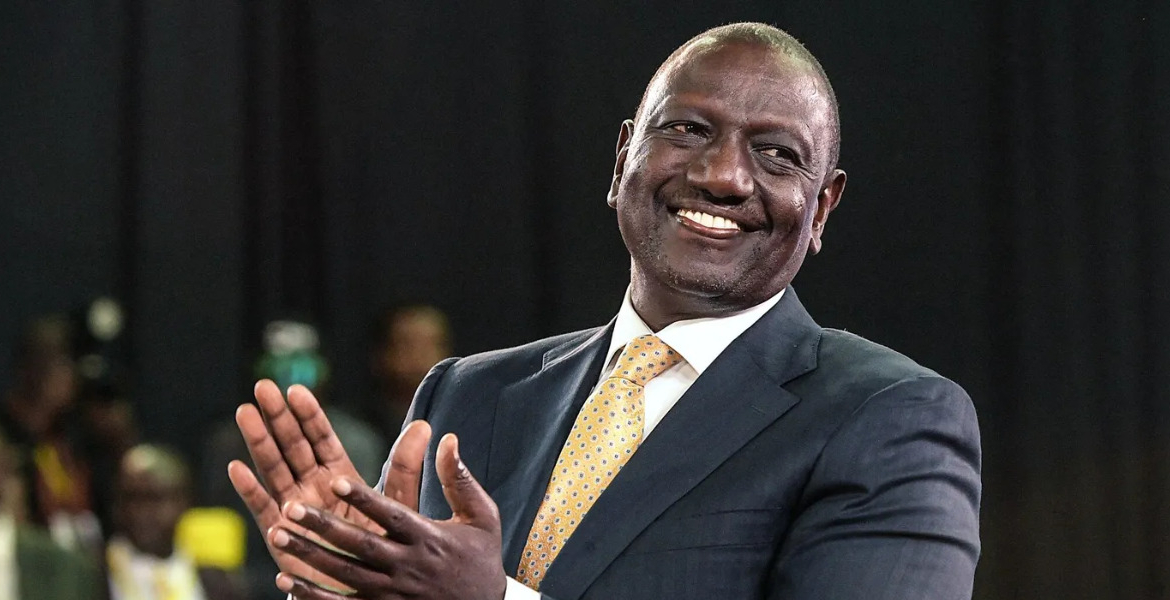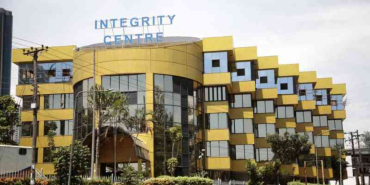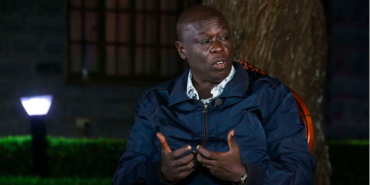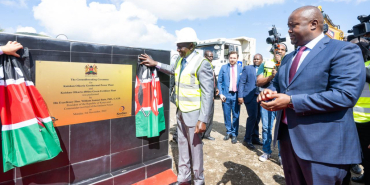Inside Ruto’s State House Meetings: Power Play or Development Agenda?

Since assuming office in September 2022, President William Ruto has significantly amplified the practice of hosting delegations at State House, Nairobi, triggering debate over whether these engagements serve a genuine development agenda or represent a calculated political strategy ahead of the 2027 elections.
The surge in high-profile meetings, characterised by busloads of leaders arriving with regional concerns and departing with pledges of government support, evokes memories of past political eras, particularly the KANU regime and its YK92 campaign machinery, in which Ruto himself was involved. State House spokesperson Hussein Mohamed asserts that these engagements align with President Ruto's leadership approach, but political observers view them as a deliberate effort to solidify influence in regions that largely opposed his 2022 presidential bid.
The president has methodically reached out to leaders from Western Kenya, Nyanza, the Coast, and selected parts of Mt Kenya, often leveraging these interactions to announce major infrastructural investments. One notable instance occurred last Thursday when President Ruto hosted delegations from Western Kenya and Siaya County. Leaders from Vihiga, Kakamega, Busia, Bungoma, and Trans-Nzoia counties, representing a combined voter base of over two million, were invited to discuss development prospects.
Simultaneously, Siaya Governor James Orengo, Senator Oburu Oginga, and Energy Cabinet Secretary Opiyo Wandayi led another delegation to engage with the president, a move widely regarded as a significant political development given Orengo's historical allegiance to ODM leader Raila Odinga. Following the Siaya meeting, Governor Orengo emphasised that discussions centred on government projects and strengthening cooperation between national and county authorities.
Critics argue that these gatherings are thinly disguised campaign efforts, citing their frequency as evidence of strategic positioning for the next electoral cycle. Prof Gitile Naituli, a lecturer at Multimedia University, draws parallels to past political tactics, suggesting that the administration is deploying financial incentives to cultivate loyalty.
Meanwhile, Deputy President Rigathi Gachagua appears to be experiencing political pressure from these evolving dynamics. His influence, particularly within Mt Kenya, has been challenged by Interior Cabinet Secretary Kithure Kindiki, who has increased parallel engagements from his Karen residence. A recent dispute between the two over a meeting with Mt Kenya artists has highlighted growing tensions over control of regional political narratives.
Despite opposition criticisms and political analysts' scepticism, Kenya Kwanza insiders argue that these meetings provide the president with direct feedback from grassroots leaders while fostering economic dialogue. Unlike traditional rallies, closed-door sessions allow for candid conversations, enabling stakeholders to relay concerns without partisan rhetoric.
A senior aide describes the president's approach as a refined method of governance that promotes inclusivity, asserting that these meetings offer unfiltered insight into pressing local issues and facilitate effective communication of government policies. Beyond political alliances, these delegations have resulted in significant development pledges, including road networks, industrial parks, housing projects, and support for small businesses.
However, these commitments have fueled scepticism regarding their authenticity as genuine governance initiatives rather than mere vote-winning strategies.
United States International University-Africa lecturer Prof Macharia Munene dismisses the meetings as campaign manoeuvres, stating that President Ruto and his allies are actively positioning themselves in response to rising opposition figures. He identifies figures such as Wiper leader Kalonzo Musyoka and former Deputy President Gachagua as potential threats to Ruto's re-election bid.
Conversely, some lawmakers defend the meetings, arguing that engaging regional leaders is vital for transparent governance. Uriri MP Mark Nyamita, a supporter of the Kenya Kwanza administration, contends that the delegations help mitigate misinformation spread by those discontent with the current government. He asserts that these engagements provide a clearer picture of national progress and allow local leaders to appreciate development initiatives firsthand.
Kitui South MP Rachel Nyamai echoes similar sentiments, emphasising the significance of direct interaction with grassroots networks. She argues that State House meetings offer a structured forum for addressing long-standing regional challenges, particularly those linked to infrastructure and economic empowerment.








Add new comment